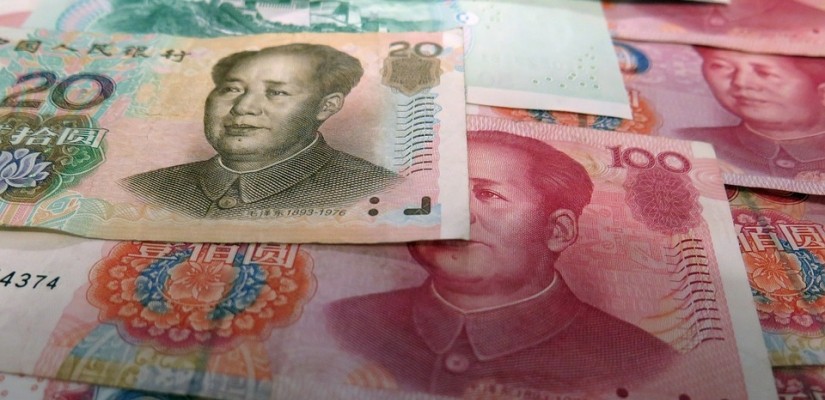On May 24th, the People’s Bank of China (PBOC) and the Chinese Banking and Insurance Regulatory Commission (CBIRC) announced a joint takeover of the city bank Baoshang Bank for one year, due to what the government says is serious credit risk associated with the bank’s funding. This is the first time in over 20 years that there has been a direct government takeover of a bank, sending shockwaves among investors already concerned with the health of the Chinese economy. Many are worried that this may be the first sign of contagion in a financial system largely funded by unregulated, off-balance sheet credit flows and reckless lending practices conducted due to implicit government backing of financial institutions. Government officials were quick to allay such fears, arguing that this is an isolated incident and not part of any larger rescue strategy. In order to maintain bank stability, both the PBOC and the CBIRC offered credit injection to increase the bank’s liquidity. Regulators followed up by insureing all deposits and interbank debt worth less than 50 million RMB. Deposits worth over 50 million RMB will be guaranteed after consulting with creditors, which means not all deposits will necessarily be insured. The large commercial China Construction Bank will take over the day-to-day management of the bank’s affairs for a one-year period.
89% of Baoshang Bank is owned by the investment group Tomorrow Holdings, which is currently under investigation for corruption and is said to have misused capital from the bank. If the government takeover is a response to this, then this would not necessarily be indicative of poor economic health. Furthermore, as Baoshang Bank is a small local bank with mostly local investments, distress in this case is unlikely to create ripple effects across the rest of China’s financial system.

At the same time, a major problem in China’s financial system is the large amount of off-the-books lending and investment. This is especially true for local banks such as Baoshang Bank, as their limited financial resources often drives them to shadow banking in order to expand. [1] In this sense, it is difficult to assess the true financial health of many of these banks. Chinese state regulators are taking steps to curb unregulated banking, especially by regional banks, and this could simply be one more step in that direction. In fact, northern China’s industrial economy has been the hardest hit by the country’s economic slowdown. While Baoshang Bank’s official non-performing loan rate is at about 1.68%, given smaller banks’ reliance on shadow banking, its true NPL rate is probably much higher. Northern Chinese banks have some of the highest NPL ratios in the country due to the region’s longtime reliance on now-declining heavy industry.
China’s regulators have recently taken a variety of steps in order to rein in high risk lending and bad loans. For example, national banks are now required to report loans overdue for 60 days as “nonperforming”, as opposed to the previous 90-day requirement. There is also pressure by local authorities for local banks to follow the same regulations. [2] At the same time, much more needs to be done to address regional and local debt. Baoshang Bank is most likely only one case out of many. Smaller regional banks are a cornerstone of the government’s effort to support small and medium-sized enterprises, and further develop China’s private sector.
The Baoshang Bank case is important because it is the first time Chinese authorities have taken over a bank in almost two decades. It is also emblematic of the close relationship between government and market in China. While China’s banking system has been marketized to a great extent, this case shows that the state still has a major say. While the PBOC and CBIRC want to reassure the public that this is not a sign of things to come, this action may signal to other banks that if they provide high-risk loans, China’s central bank will intervene and provide debt relief. It is yet to be seen as to how financial regulators will tackle this issue of moral hazard.

